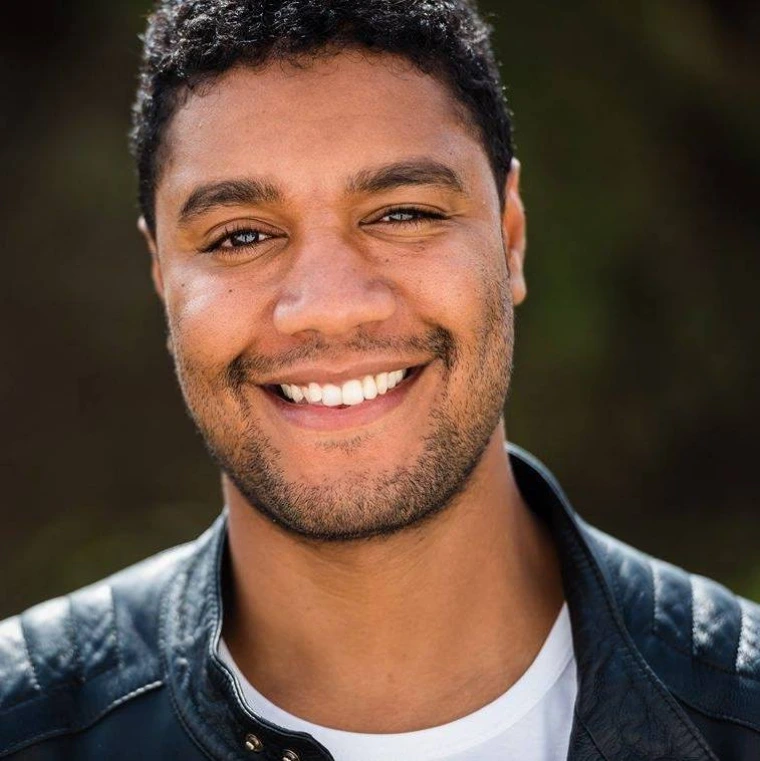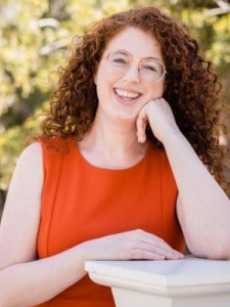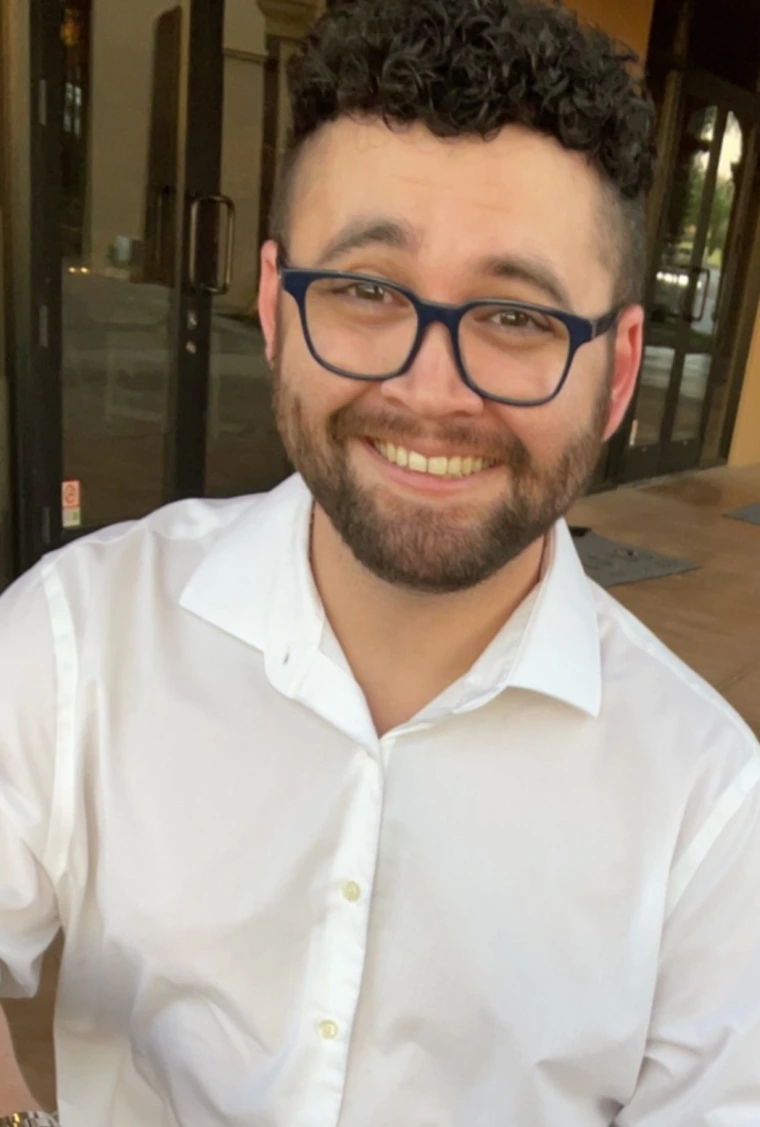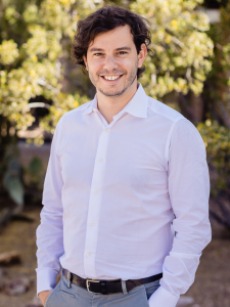SLAT Writing Sessions - cancelled for October 3rd
Informal writing sessions for SLAT students
The session for October 3rd has been cancelled. Sessions will resume on Tuesday, October 10th.
----------------------------------------------------------
Dear SLAT students and SLAT minors,
Would you like to be a more productive writer? If you are working on an intensive writing project like a dissertation, journal article, course paper, or grant proposal, and you would like to increase your writing productivity in a safe and friendly space, consider joining the SLAT Writing Sessions this Fall 2023!
Each focused 2-hour session is set up to have unstructured writing time with short breaks, followed by a short discussion aimed at helping you improve your writing productivity. This is an informal way to create accountability, meet a few SLAT friends, and get some writing done.
The sessions will be on Zoom every Tuesday afternoon, from 4:30 pm – 6:30 pm (AZ). The first session will take place on September 19, and the sessions will continue until December 5 (except for the week of Thanksgiving). The recurring Zoom link for the sessions is: https://arizona.zoom.us/j/89779868688 No advance registration necessary – just show up and work on your writing goals!
Please reach out to Amable (amableribeiro@arizona.edu) or Kate (kateshea@arizona.edu) with any questions.





